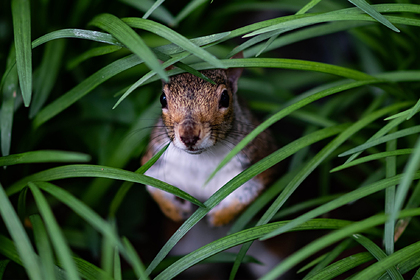Princeton scientists have named rodents as a natural reservoir for SARS-like viruses 
According to a study published in PLOS Computational Biology, some ancestral rodents , could repeatedly become infected with SARS-like coronaviruses and later acquired resistance to them. The authors of the work, scientists from Princeton University (USA), call modern rodents a natural reservoir for viruses unknown to science, potentially capable of causing dangerous respiratory diseases in humans.
SARS-CoV-2, the causative agent of COVID-19, has a zoonotic origin, that is, it initially circulated among animals, but then learned to infect humans. Previous studies have shown that Chinese horseshoe bats are hosts to numerous SARS-like viruses without showing severe disease symptoms. Finding other potential pathogen-resistant coronavirus vectors is important to prevent the spread of new pathogens to humans.
Scientists have searched for ACE2 receptors among many mammalian species. ACE2, located on the surface of cells, is used by the SARS-CoV-2 coronavirus for attachment and subsequent penetration into cells. It turned out that primates have conservative (little change with evolution) amino acid sequences in those regions of ACE2 that bind to the coronavirus. However, in rodents, these regions, on the contrary, are highly diverse, which may contribute to the high rate of evolution of SARS-like viruses.